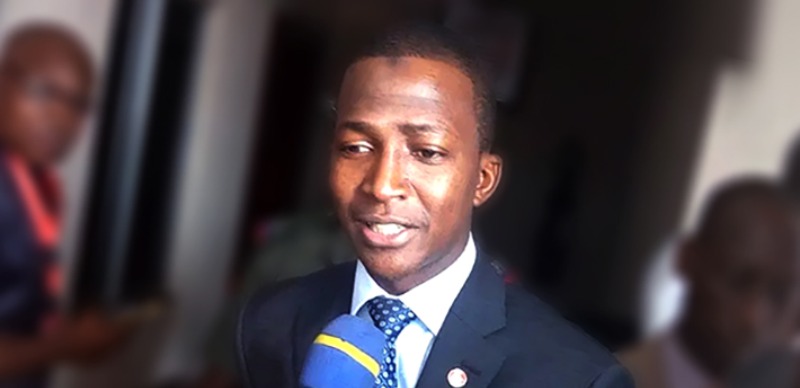
Contempt: Court convicts EFCC chair, Bawa
A High Court sitting in Abuja has convicted the Chairman of the Economic and Financial Crimes Commission, Abdulrasheed Bawa, of contempt of court.
The conviction was in relation to the failure of the anti-graft agency to comply with a November 21, 2018 court order directing it to return a Range Rover and the sum of N40 million to the applicant in a suit.
In his ruling, Justice Chizoba Oji held that, “The Chairman Economic and Financial Crimes Commission is in contempt of the orders of this honourable court made on November 21st 2018 directing the Economic and Financial Crimes Commission, Abuja to return to the applicant his Range Rover (Supercharged) and the sum of N40, 000,000.00 (Forty Million Naira).
“Having continued wilfully in disobedience to the order of this court, he should be committed to prison at Kuje Correctional Centre for his disobedience, and continued disobedience of the said order of court made on November 21st, 2018, until he purges himself of the contempt.
“The Inspector-General of Police shall ensure that the order of this honourable court is executed forthwith.”
The ruling, which was delivered on October 28, 2022, was on a motion on notice marked: FCT/HC/M/52/2021 filed by a one-time Director of Operations at the Nigerian Air Force, Air Vice Marshal Rufus Ojuawo.
Ojuawo had filed a motion through his lawyer, R.N. Ojabo, in a suit marked: FCT/HC/CR/184/2016 that the EFCC had refused to comply with the court order directing it to release his seized property.
The EFCC had arraigned Ojuawo on two counts before Justice Muawiyah Idris of the High Court of the FCT in Nyanya in 2016.
Ojuawo was accused of corruptly receiving gratification to the tune of N40 million and a Range Rover Sport (Supercharged) from one Hima Aboubakar of Societe D’Equipment Internationaux Nigeria Limited.
In a November 21, 2018 ruling, however, Justice Idris discharged and acquitted Ojuawo on the grounds that the prosecution failed to prove its case.
Idris had held that for the charge to succeed, the prosecution must prove that the defendant corruptly accepted the gift; that he accepted or obtained the gift for himself or for any other person.
He held that the burden was on the prosecution to prove all ingredients of the charge preferred against the defendant beyond reasonable doubt as required under Section 131(1) of the Evidence Act, 2011.
Justice Idris said, “In conclusion, I hold that the prosecution has failed to prove the two counts charge of corrupt gratification under S17 (1)(a) and (c) of the Corrupt Practices and Other Related Offences Act, 2000.
“The defendant is discharged and acquitted on counts one and two of the charge.





